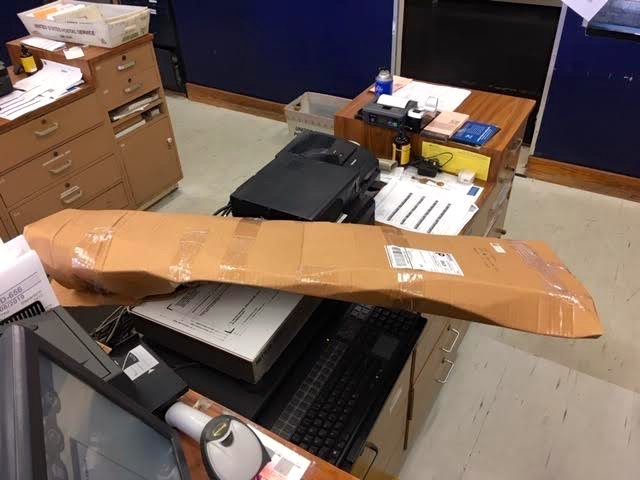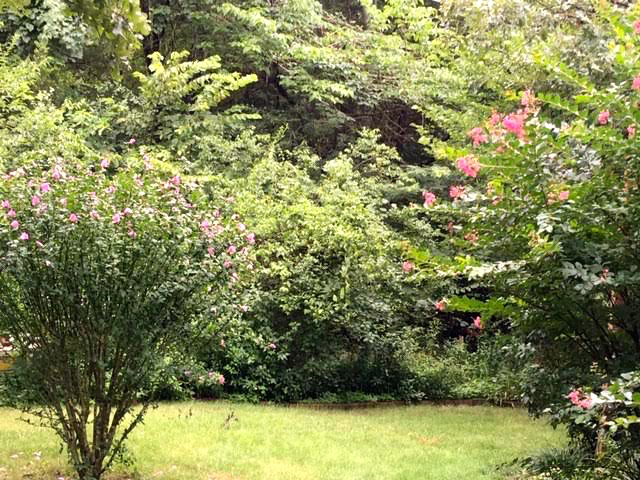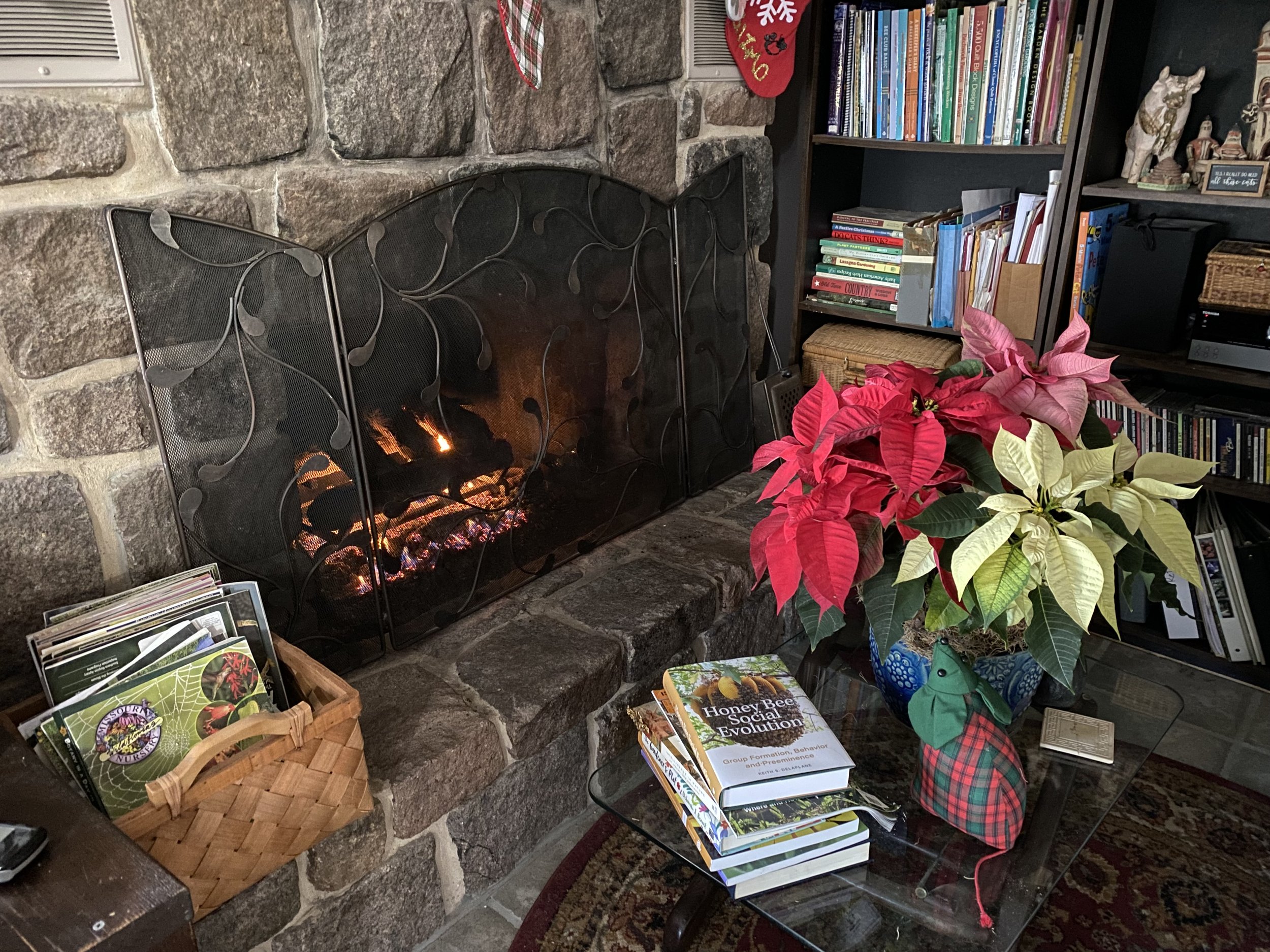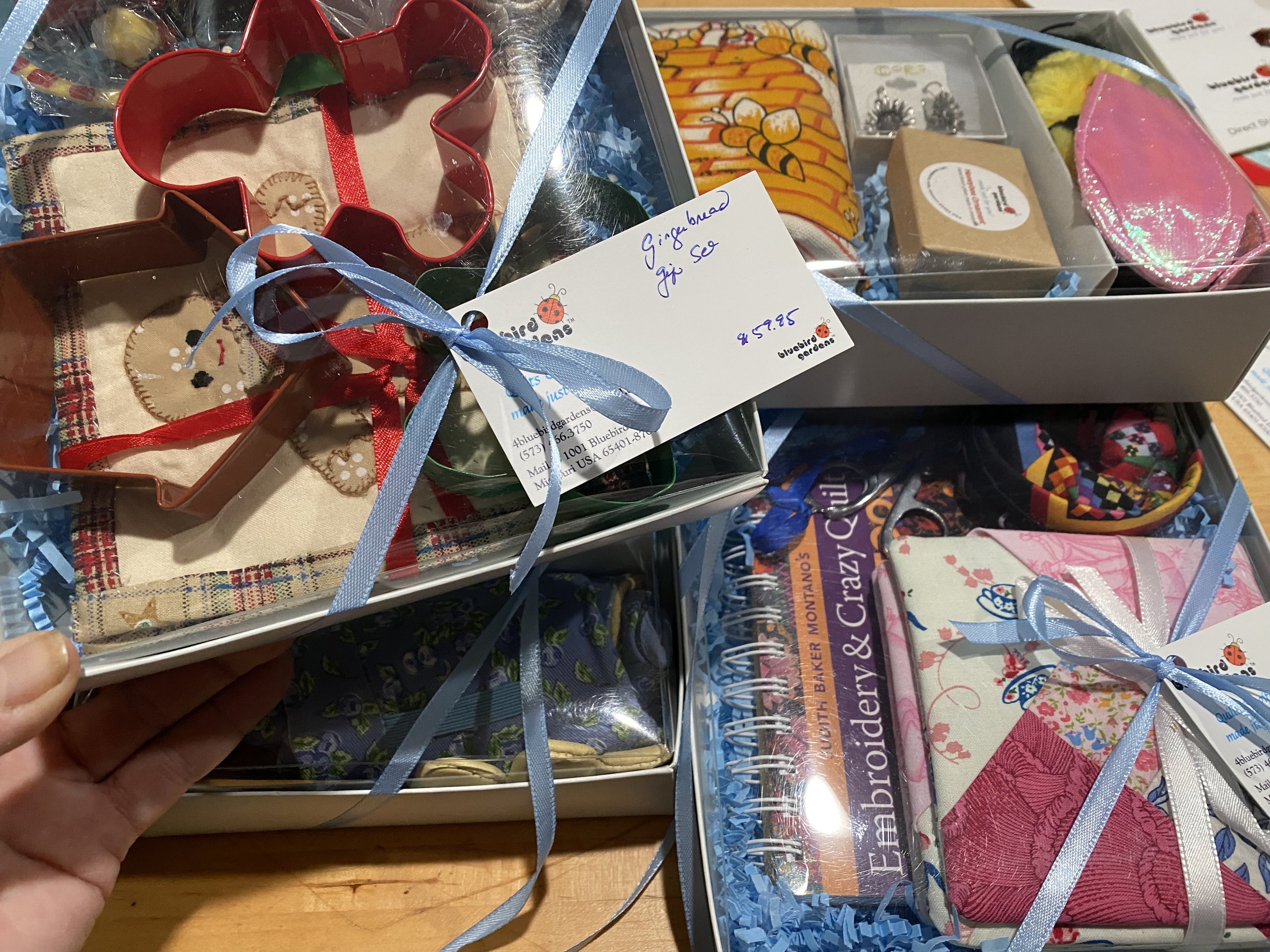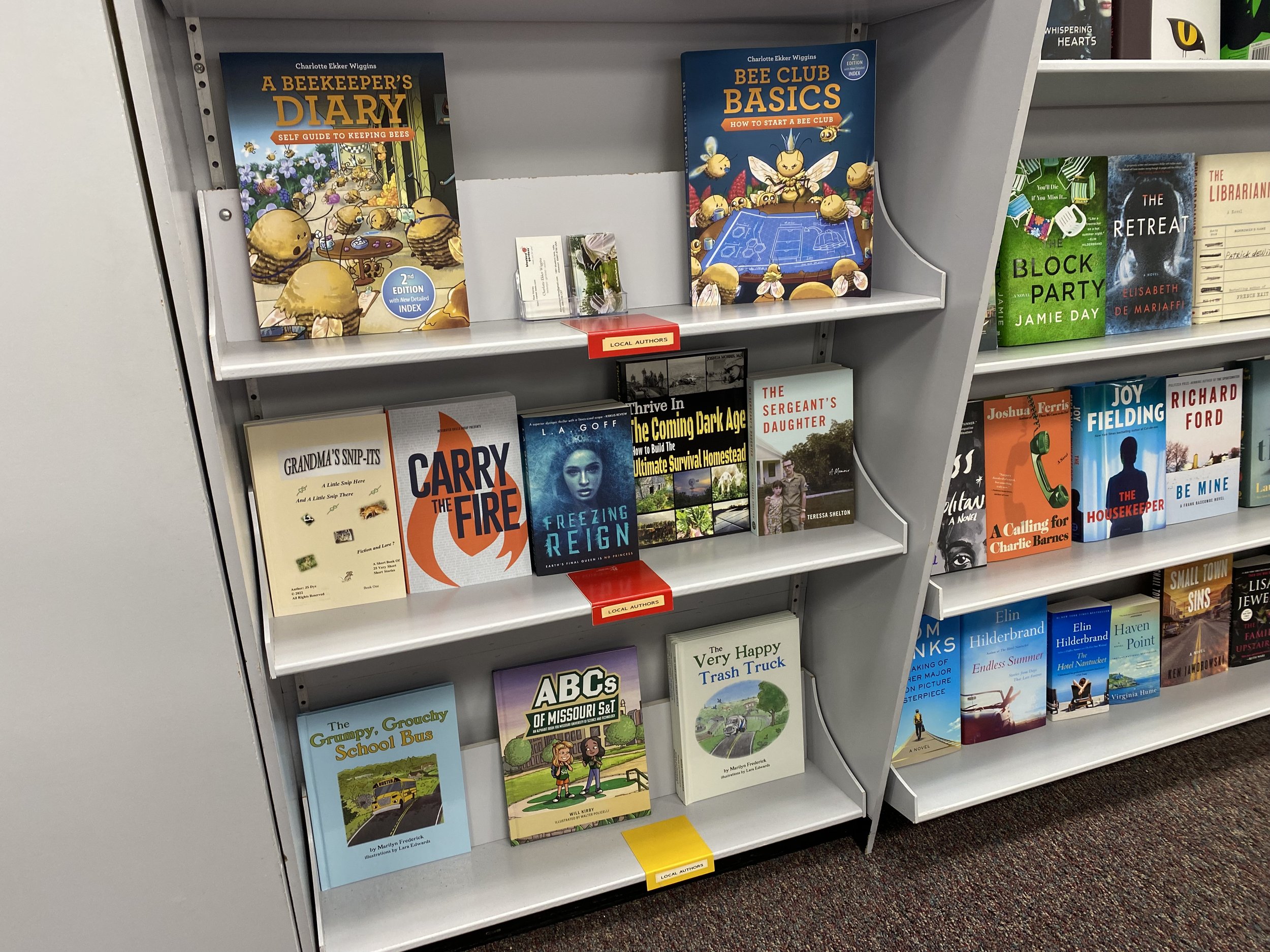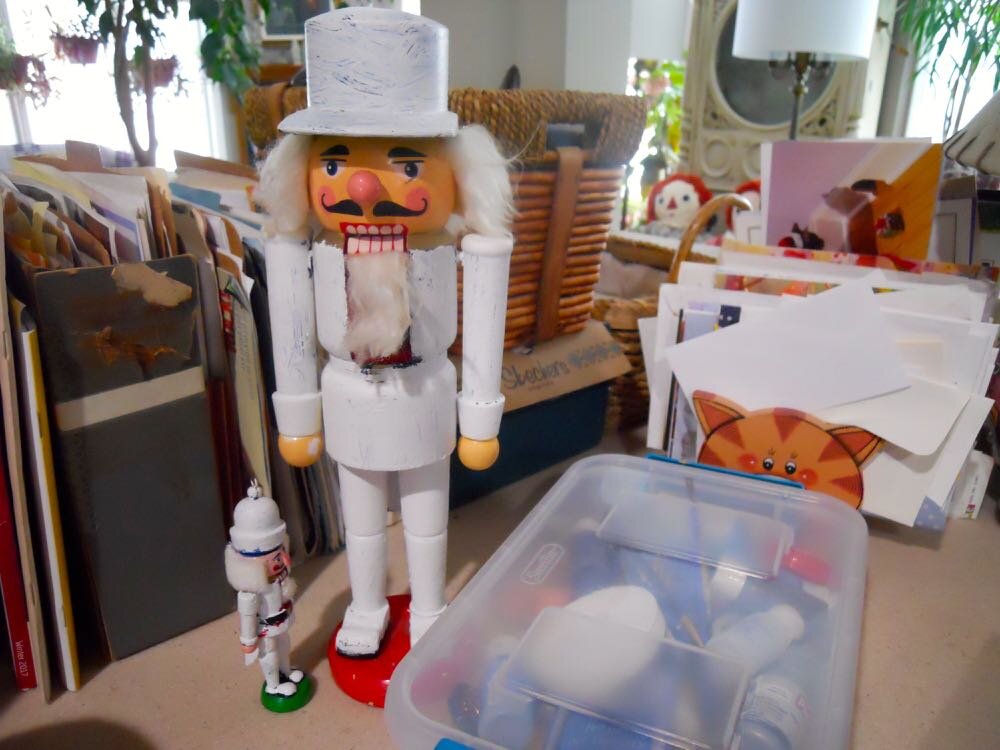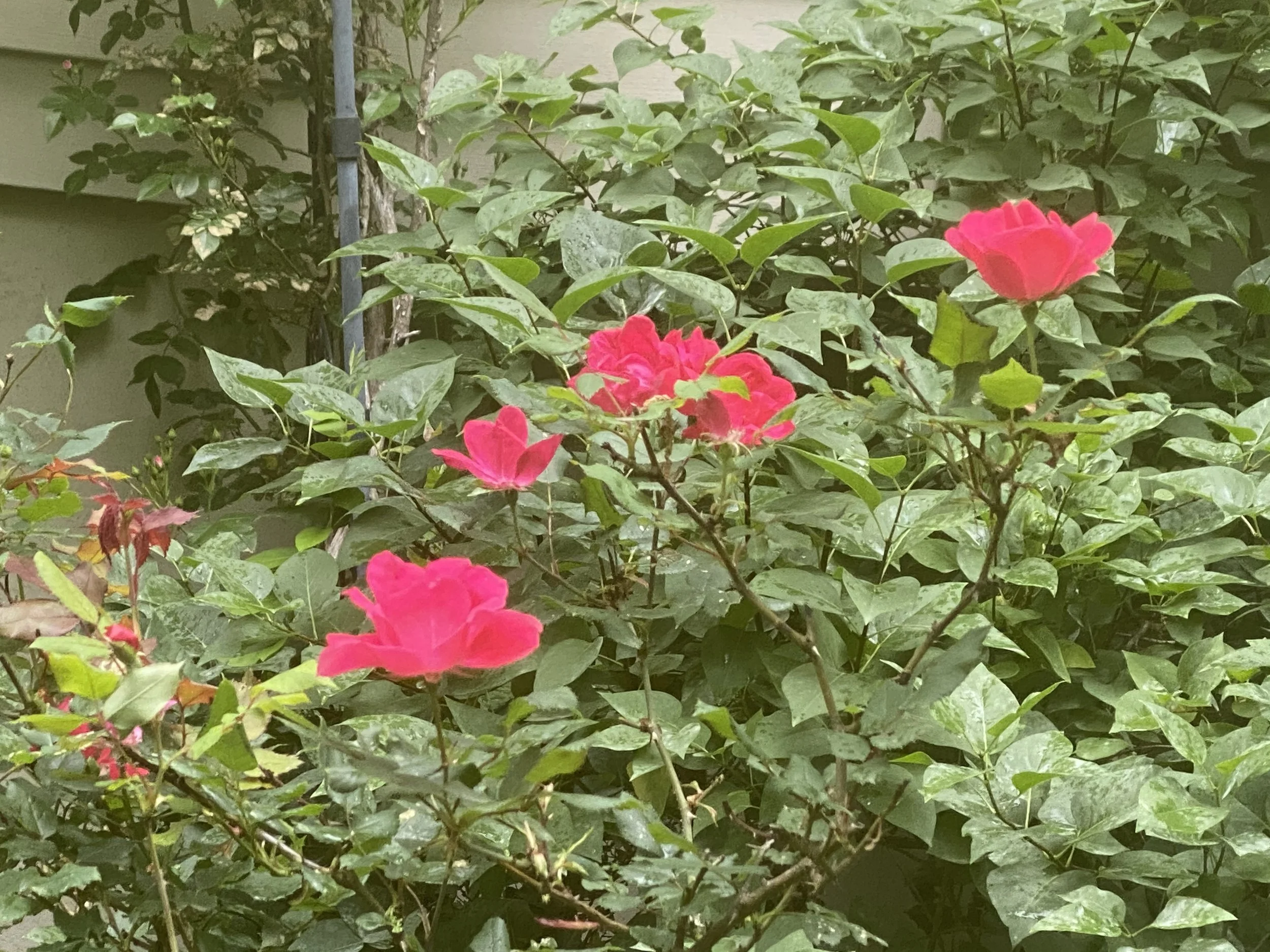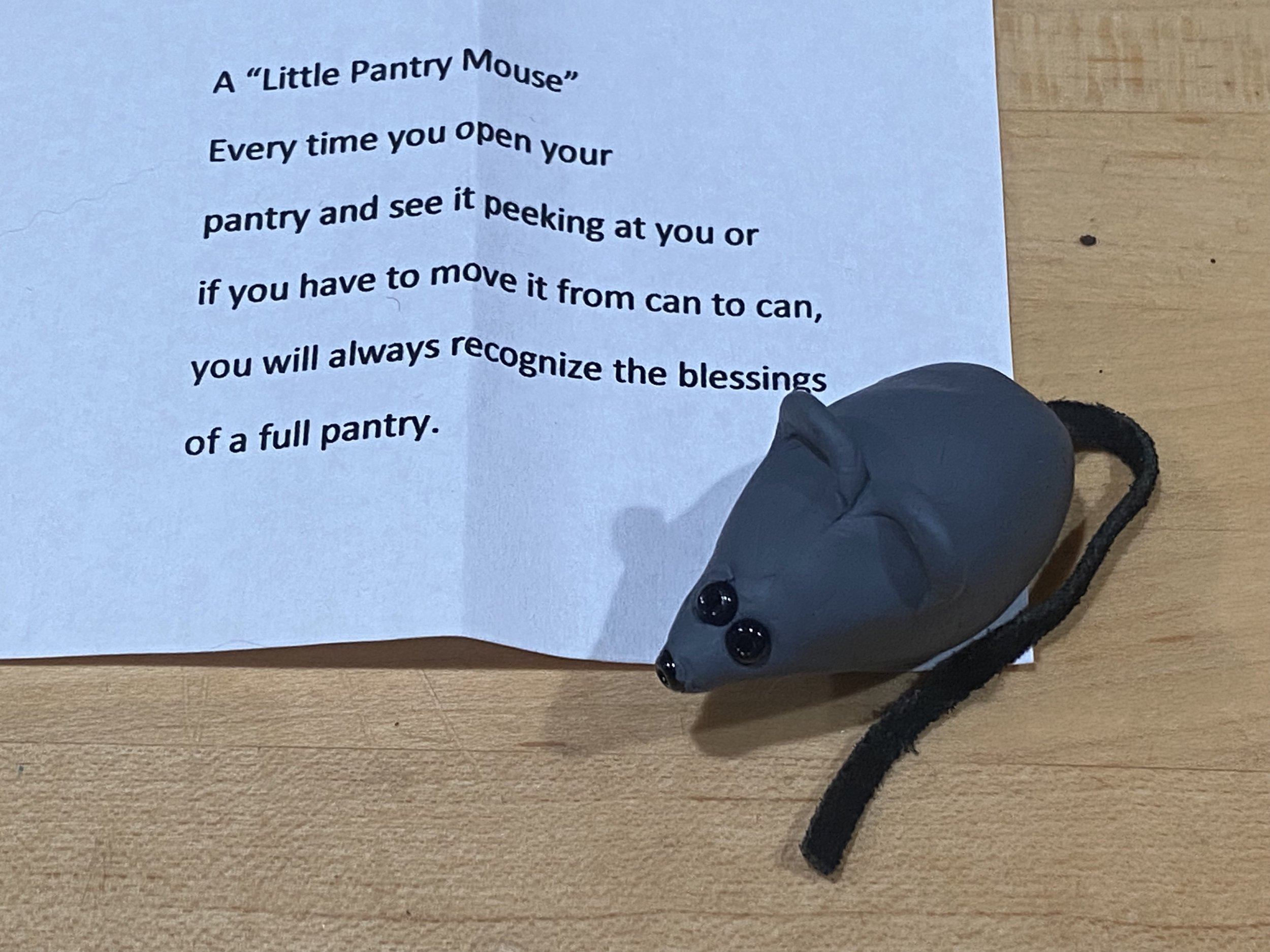Shipping Rose of Sharon
/Rose of Sharon trimmed into a tree form at the entrance to my garden. (Photo by Charlotte Ekker Wiggins)
Shipping Rose of Sharon
My brother in Virginia and I share a love of gardening. He has three flat acres compared to my one slopping hillside. Our garden concepts and designs are different but we both love having blooming plants mid to late summer.
He discovered crape myrtles; I found Missouri’s native rose mallows and their hardy cousins Rose of Sharon, a relative of the popular tropical hibiscus. The ones I have are white, pink, purple, and I discovered a double purple earlier this year.
When my brother mentioned he was looking for something else that blooms late summer, I decided to send him some of my Rose of Sharon starts for his birthday. I settled on the purplish ones to compliment his backyard full of pink, red and soft lavender crepe myrtles.
Rose of Sharon, also called Shrub Althea (Hibiscus syriacus) are old-fashioned garden staples where I live in mid-Missouri. Even some businesses use them as landscaping plants because they are hardy and will grow in less than ideal conditions. I consider them vintage flowers, like these featured in a set of vintage flowers handmade kitchen towels.
After checking if I could ship them to Virginia, I dug up small starts, wrapping the roots in wet soil and newspaper. I shook them to remove any bugs, then hosed them down and allowed them to dry. Don’t want any bugs hitchhiking their way out east.
I didn’t have a box that they would fit in so I made a shipping container out of cardboard. It was an odd shape but it worked. Believe it or not, this homemade box helped the plants get safely to Virginia.
A self-made shipping box for sending Rose of Sharon through the mail. (Photo by Charlotte Ekker Wiggins)
A local friend has some of the crepe myrtles my brother in Virginia has so I sent my brother a photo of the Rose of Sharon, on the left, close to red crepe myrtles, right. It helps to see the two of them together, especially when my brother didn’t know what a Rose of Sharon shrub looked like.
Rose of sharon, left, growing with crape myrtles at a friend’s house here in Rolla. (Photo by Charlotte Ekker Wiggins)
Once the Rose of Sharon starts arrived in Virginia, my brother said he didn’t think they were going to make it. He said only three looked good; the rest had yellow leaves or were dropping their leaves.
I usually remove the leaves once they turn yellow.
Shipped rRose of Sharon starts potted once they arrived in Virginia. (Photo by Charlotte Ekker Wiggins)
Nonsense, I said, they are hardy. Now that they are in a pot, water daily, place in shade and wait for the new greenery to start growing.
My brother wasn’t so sure.
I knew better. I had moved three Rose of Sharon “trees” to a new spot in my garden earlier this summer. Two made it quickly but a third one on the left in photo dropped all of its leaves.
Rose of Sharon, left, dropped all of its leaves before settling into a new garden spot. (Photo by Charlotte Ekke r Wiggins)
I wasn’t discouraged, I had moved these before. The trick is to keep the roots mulched and watered as the Rose of Sharon settles in. In these record hot summer temperatures, I carried water to this garden spot to make sure the Rose of Sharon roots stayed hydrated.
About three weeks later, new growth started to appear on my moved Rose of Sharon.
New leaf growth is a sign the Rose of Sharon has settled into its new garden spot. (Photo by Charlotte Ekker Wiggins)
A good month later, my brother said the Rose of Sharon starts I shipped him not only all pulled through but they are doing quite well.
Now my brother said he has to find spots for ALL of them in his garden.
Shipped Rose of Sharon starts recovering in their new Virginia home. (Photo by Charlotte Ekker Wiggins)
Not only are they pretty and a good bee plant but Rose of Sharon are hardy and easy to grow. I have most of mine trimmed into tree shapes. They can also grow as shrubs to fence off areas. They do drop their leaves over winter.
Happy belated birthday, David!
Charlotte


